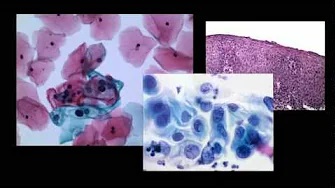Vitamin K antagonist reversal strategies: Systematic review and network meta-analysis from the AABB
Document Type
Article
Publication Date
8-1-2022
Abstract
BACKGROUND: Anticoagulation requires urgent reversal in cases of life-threatening bleeding or invasive procedures.
STUDY DESIGN AND METHODS: Network meta-analysis for comparing the safety and efficacy of warfarin reversal strategies including plasma and prothrombin complex concentrates (PCCs).
RESULTS: Seven studies including 594 subjects using reversal agents plasma, 3-factor-PCC (Uman Complex and Konyne), and 4-factor-PCC (Beriplex/KCentra, Octaplex, and Cofact) met inclusion criteria. Compared with plasma, patients receiving Cofact probably have a higher rate of international normalized ratio (INR) correction (risk difference [RD] 499 more per 1000 patients, 95% confidence interval [CI], 176-761, low certainty[LC]); higher reversal of bleeding (323 more per 1000 patients, 11-344 more, LC); and fewer transfusion requirements (0.96 fewer units, 1.65-0.27 fewer, LC). Patients receiving Beriplex/KCentra probably have a higher rate of INR correction (476 more per 1000 patients, 332-609 more, LC); higher reversal of bleeding (127 more per 1000 patients, 43 fewer to 236 more); and similar transfusion requirements (0.01 fewer units, 0.31 fewer to 0.28 more, high/moderate certainty). Patients receiving Octaplex probably have a higher rate of INR correction (RD 579 more per 1000 patients, 189-825 more, LC).
CONCLUSIONS: PCCs probably provide an advantage in INR reversal compared to plasma. There was no added risk of adverse events with PCCs.
Recommended Citation
Pagano MB, Foroutan F, Goel R, Allen ES, Cushing MM, Garcia DA, Hopkins CK, Klein K, Raval JS, Cohn CS. Vitamin K antagonist reversal strategies: Systematic review and network meta-analysis from the AABB. Transfusion. 2022 Aug;62(8):1652-1661. doi: 10.1111/trf.17010. Epub 2022 Jul 14. PMID: 35834523.

